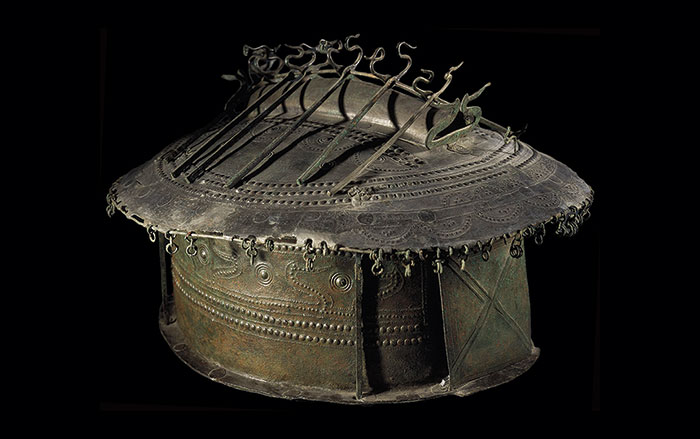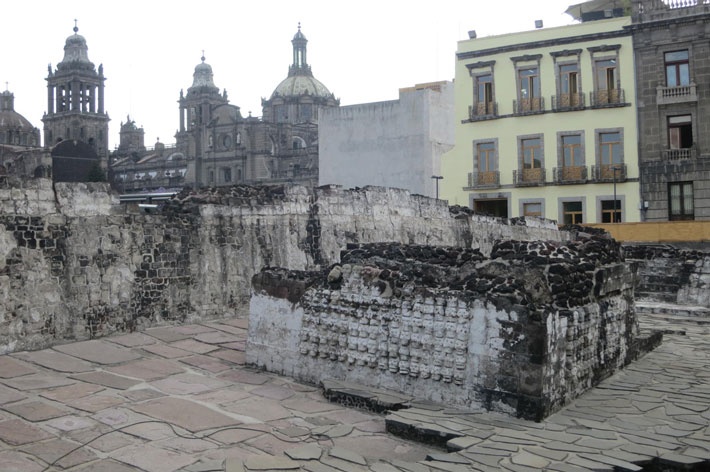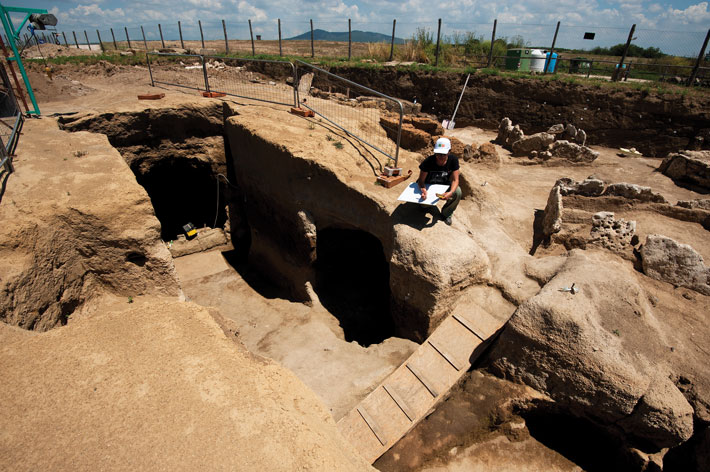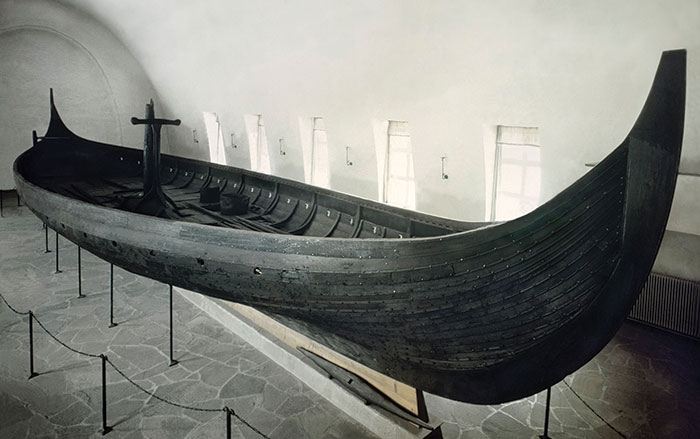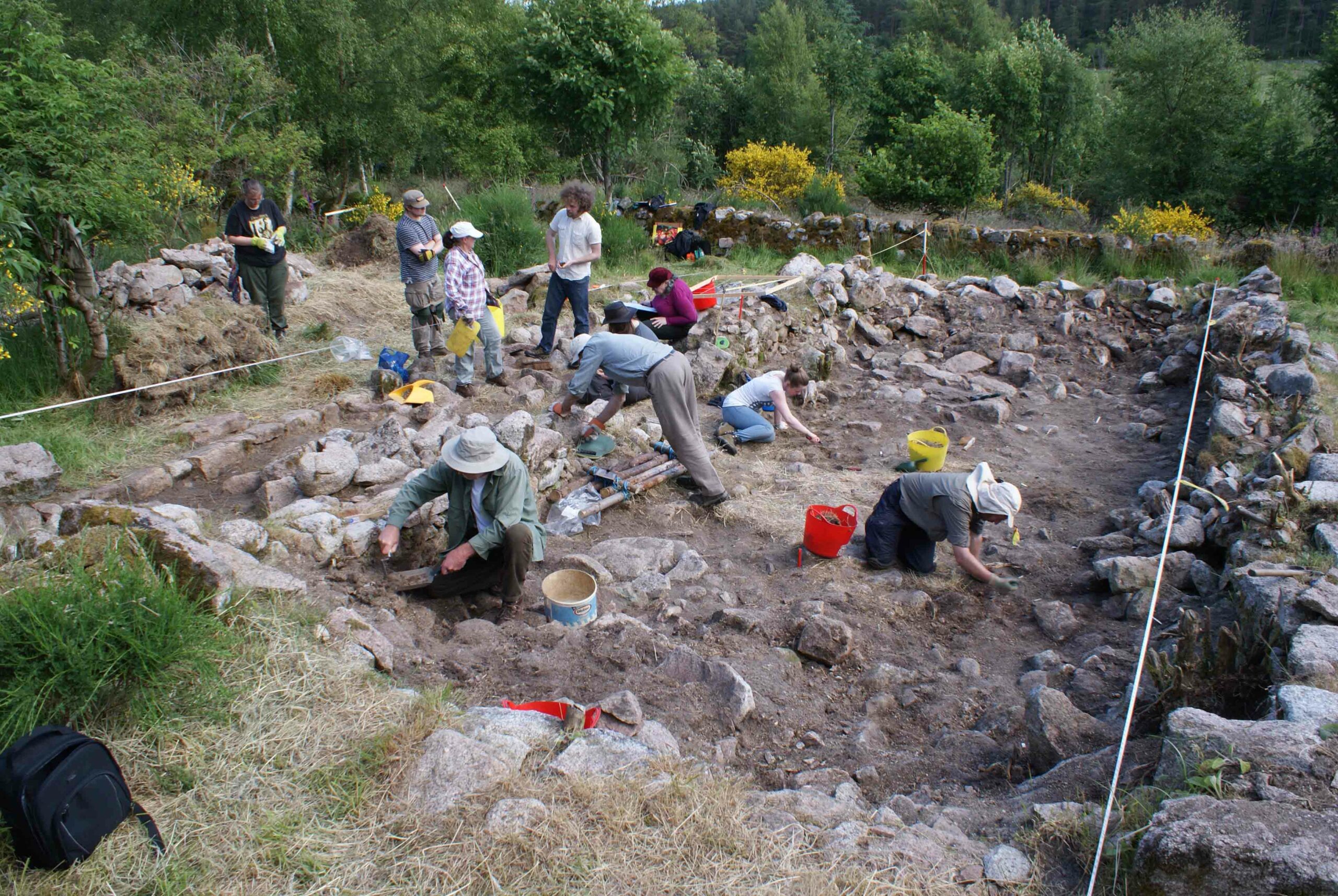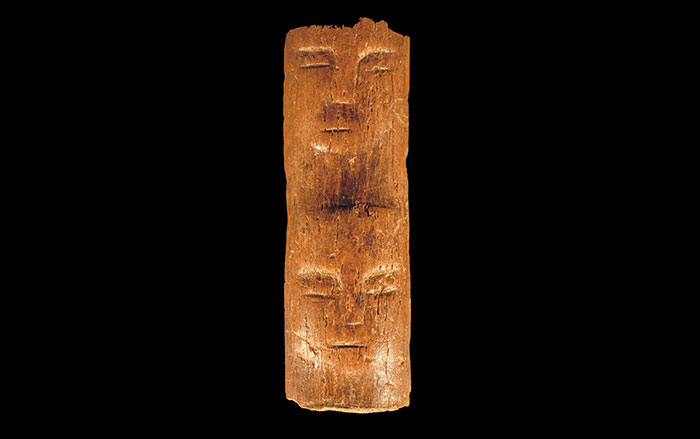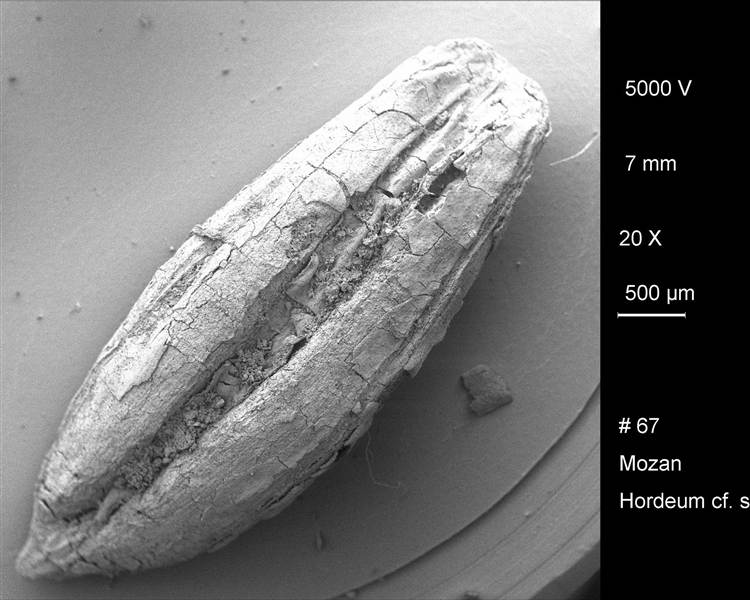
NEW HAVEN, CONNECTICUT—Researchers have long argued about the role of climate change in the rise, development, and collapse of societies. According to NBC news, a newly released paper helps to clarify this relationship. A team of scientists led by Frank Hole of Yale University sampled both modern and ancient grains of barley from sites across the Near East and examined the effects of the large droughts that are known to have occurred in the region for the last ten millennia. Variations in the prevalence and health of the barley, which can be detected by the varying levels of carbon isotopes in the grains, are a key to understanding how, for example, the lack of water forced some farmers, especially those inland, to develop more sophisticated irrigation systems and even to turn to other crops, while those on the coast where water was more plentiful continued to cultivate barley for beer, bread, and other foodstuffs.





